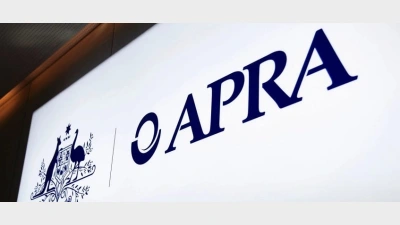Instability equals sweet spot for alternative investments



New research by Towers Watson said ongoing economic instability was likely to encourage investors to move away from equities as their main growth asset and embrace the increased use of alternatives.
The report reveals the increased uptake of alternatives, with the asset class now accounting for 20 per cent of global pension funds - up from 5 per cent 15 years ago.
Towers Watson's Global Alternatives Survey found assets managed by the top 100 alternative investment managers globally now exceed $3 trillion.
Senior investment consultant for Towers Watson Martin Goss said economic instability drove institutional investors to seek greater methods of diversification, hence the increase in alternatives capabilities.
The survey said real estate managers held the greatest alternative assets at 35 per cent, followed by private equity managers at 22 per cent, hedge funds at 21 per cent, and then private equity fund of funds, fund of hedge funds, infrastructure and commodities.
North America was the largest destination for alternative capital at 48 per cent, while one third of assets were invested in Europe, one tenth in the Asia-Pacific and 5 per cent in the rest of the world. Although North America attracted the most capital overall, Europe beat it out for infrastructure.
Twenty Australian managers featured in the top 100, with combined assets of funds under management of US$254 billion. Macquarie Group topped the Australian managers and placed third globally, followed by AMP Capital Investors and Goodman.
CBRE Investors topped Towers Watson's top 100 alternatives investment managers list, followed by The Carlyle Group and then Australia's Macquarie Group.
QIC, Dexus Property Group, Industry funds Management, Platinum Asset Management, Charter Hall, Lend Lease, and Hastings Funds Management rounded out the ten Australian managers featured in the top 100.
Recommended for you
APRA’s executive director has urged super funds to strengthen leadership, operational resilience and member focus as public trust in the system faces fresh challenges.
The firm has appointed Aware Super’s Damian Graham as group chief investment officer to unify its life and funds management teams.
Ethical super fund Australian Ethical has announced the appointment of Anthony Lane as chief operating officer.
The structural shift towards active ETFs will reshape the asset management industry, according to McKinsey, and financial advisers will be a key group for managers to focus their distribution.










